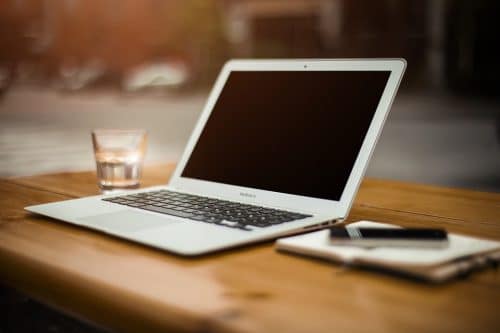Advertisements
Credit cards are a great tool for build credit. They are easy to use, offer flexibility, and sometimes even reward you for using them. Most of them also directly affect your credit score and are used by many people to start building their credit profile.
But what if you don't want a credit card or are having trouble qualifying? Don't worry. There are many other ways to build a strong credit history. Here are nine options for building credit without a credit card.
Advertisements

1. Authorized user status
Authorized user status is a great way to start build Credit, as long as you and the primary cardholder are on the same page. As an authorized user, you can use the primary cardholder's credit card and take advantage of their credit card activity. Even if you never use the card, card activity can be used to positively affect your credit. You will need to check with the credit card company that they report card activity for authorized users. Otherwise, you will be wasting your time.
Advertisements
2. Loans to build credit
Credit builder loans aren't heavily advertised, but they are a great way to build credit without a credit card. Smaller institutions, such as credit unions, often offer credit builder loans specifically to help borrowers build credit]3. Booklet or CD loans.
4. Peer-to-peer lending
Peer-to-peer lending is done by an individual investor or group of investors instead of traditional financial institutions, with the accrued interest going back to the investors. As superficial as it may sound, P2P lending is completely legitimate and can be set up through a reputable P2P service like LendingClub, unlike borrowing money from your cousin.
5. Federal Student Loans
If you are a student looking build credit, you can consider a federal student loan. Most federal student loans do not require any credit history. Private options, on the other hand, often require good credit scores or a cosigner. Don't take on student debt just to build your credit, but if you're already considering a student loan, they might be a good way to start. Federal student loans show up on your credit report and, if paid on time, can help you build a positive payment history.
6. Personal loans
Some lenders offer unsecured personal loans to individuals with bad or no credit. These involve borrowing a fixed amount of money and making fixed payments each month. If you don't have an established credit history, you may be charged a higher interest rate. You may be able to get a cosigner to help your approval odds for a lower rate
Read More: See ways to maintain a good credit score
7. Auto Loans
Most traditional lenders report all your payments to the credit bureaus. And because auto loans are secured by the vehicle, they are less risky for the lender than unsecured loans. That means you could qualify for them even if your credit isn't stellar, although that could come with the expense of higher interest. However, if you make your loan payments on time, it could have a positive impact on your score and refinance later.
8. Mortgages
Getting a mortgage with no credit history is difficult but not impossible. If your goal is just to start building credit, a mortgage may not be the best place to start. But if you're ready for homeownership and the chance to build your credit with a mortgage, you have options. First-time homebuyers may want to consider the FHA mortgage, for example, which is available to people with a thin credit file. Smaller lenders, like credit unions, tend to be more flexible and can help you qualify for a mortgage as well.
9. Rental
Most credit reports do not contain entries regarding rent payments simply because landlords do not bother to report such activity. But the credit bureaus will add timely rent payments to your credit report if they are presented with that information. If you are evaluating a rental or currently renting, ask the landlord if he will report your rental payments. You can also use the online rent payment requests to ensure that this information is



